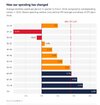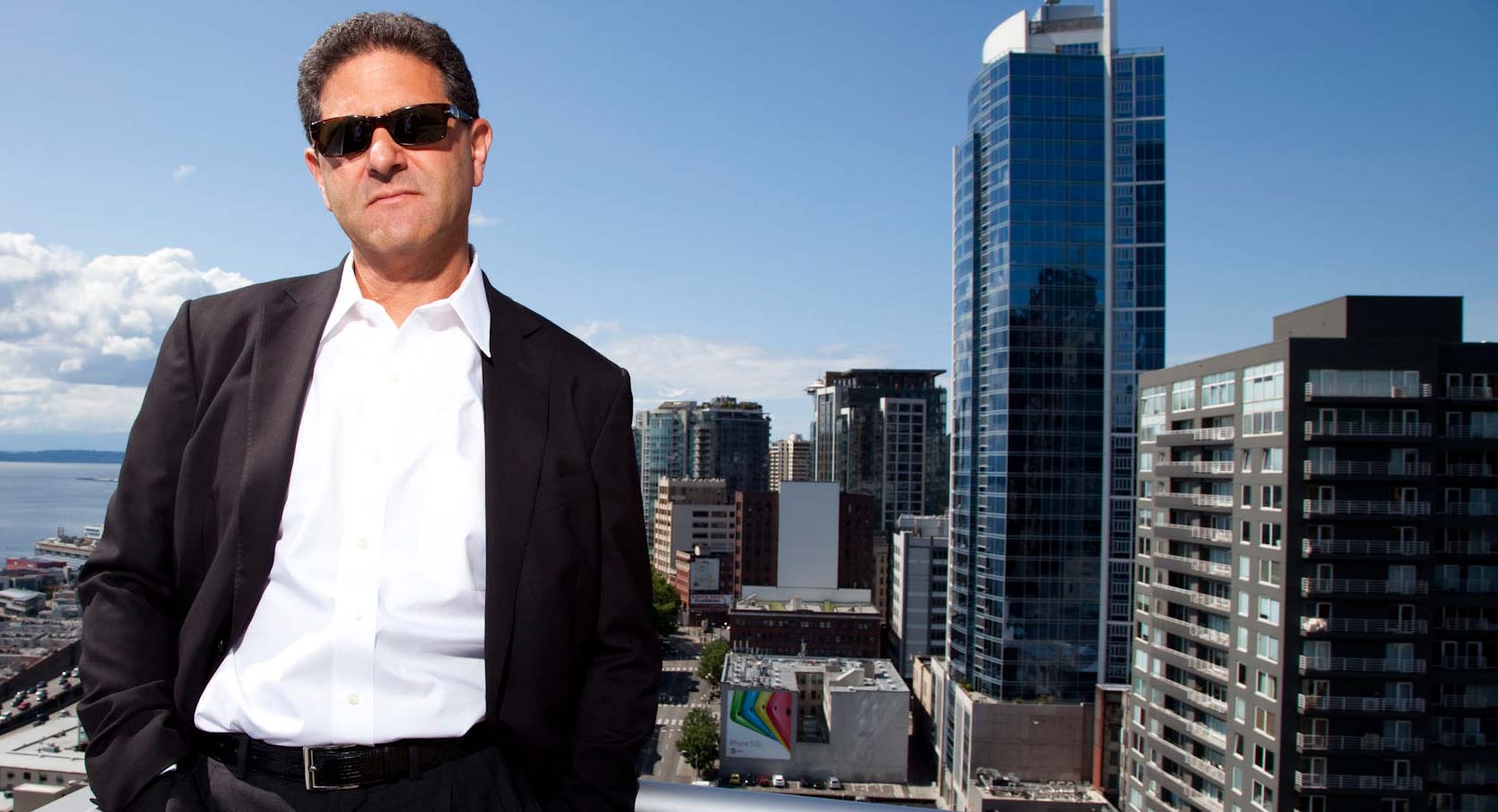Tax systems in pretty much every country favour investment income and capital gains over earned income. And who owns the assets producing that investment income? People with inherited wealth, and people who have been working long enough to purchase assets themselves. Young people working for a living have to pay an outsized proportion of tax to subsidise wealthy investors, unless they have very rich parents who assist them to buy assets.
The treating of housing as an investment first rather than a place to live has also screwed over young people, who make up the majority of renters. The economy is set up to keep house prices high, by keeping demand high through incentives for landlords like negative gearing and the capital gains tax discount, as well as high immigration. Successive governments simply don't care about housing affordability, as evidenced by a recent Q&A episode where politicians from both major parties didn't agree that reducing house prices was an aim of theirs.
Is it any wonder we get spending patterns like the below?

The treating of housing as an investment first rather than a place to live has also screwed over young people, who make up the majority of renters. The economy is set up to keep house prices high, by keeping demand high through incentives for landlords like negative gearing and the capital gains tax discount, as well as high immigration. Successive governments simply don't care about housing affordability, as evidenced by a recent Q&A episode where politicians from both major parties didn't agree that reducing house prices was an aim of theirs.
Is it any wonder we get spending patterns like the below?







